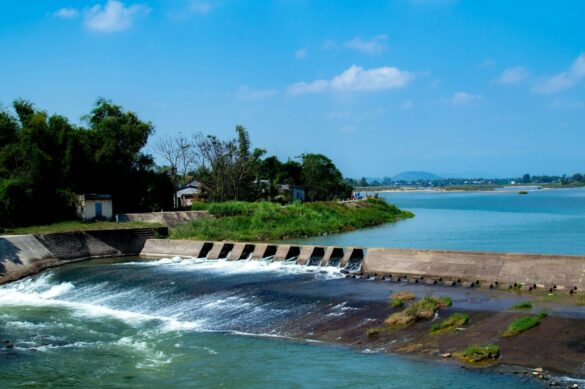In a landmark move for regional water governance, Bangladesh has become the first South Asian nation to officially accede to the United Nations Water Convention. This significant step, finalized on June 20, 2025, underscores Bangladesh’s proactive commitment to improving cross-border cooperation in water management and addressing critical water-related challenges, particularly in the face of escalating climate change impacts. The UN Water Convention, originally adopted in 1992 and opened to all UN Member States in 2016, serves as a global legal and intergovernmental framework. Its core purpose is to strengthen cooperation in transboundary waters and promote the ecologically sustainable protection of shared surface and groundwaters. For Bangladesh, a delta country uniquely crisscrossed by 57 transboundary rivers, including the vast Ganges-Brahmaputra-Meghna (GBM) river system, joining this Convention is deemed crucial for its long-term peace and prosperity. Bangladesh’s decision to join this Convention stems from its profound vulnerability to climate change, manifesting in severe water challenges such as recurring droughts, devastating floods, alarming sea-level rise, and pervasive saltwater intrusion. By becoming the 56th country to accede, Bangladesh gains a robust platform for enhancing dialogue and collaborative efforts with its neighboring nations, aiming to ensure sustainable and equitable utilization of shared water resources. This move also provides Bangladesh with invaluable access to international best practices, fostering the development of robust policies for national water security. The accession process reflects Bangladesh’s long-standing engagement with the Convention’s activities since 2012, highlighting a sustained commitment to fostering regional water harmony. Important individuals, such as Tatiana Molcean, who is the Executive Secretary of UNECE, and Ms. , who advises Bangladesh on Environment, Forest, and Climate Change, have been involved. Syeda Rizwana Hasan, have lauded Bangladesh’s leadership. They emphasized the vital role of this accession in strengthening cooperation, particularly as global water resources face increasing pressure. The broader international community, including UN Secretary-General Antonio Guterres, continues to encourage all member states to join this vital framework for collaborative water governance. By embracing the UN Water Convention, Bangladesh is not only fortifying its legal and technical capacities for national water governance but also setting a precedent for other South Asian nations. This strategic move is expected to pave the way for more integrated and sustainable water management solutions across shared river basins, ensuring long-term water security and fostering regional stability in the face of common environmental challenges.
Bangladesh Leads South Asia by Joining UN Water Convention, Bolstering Cross-Border Cooperation
46


